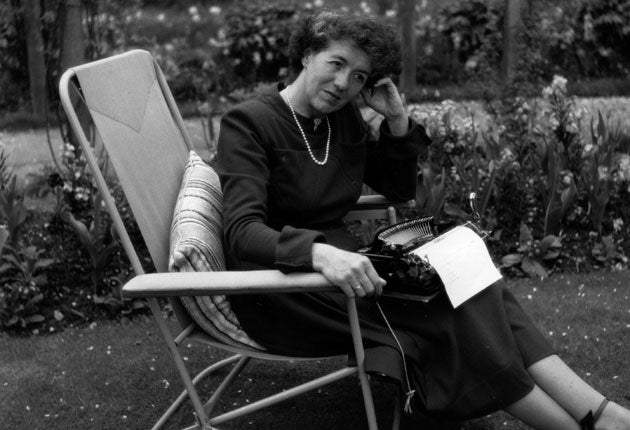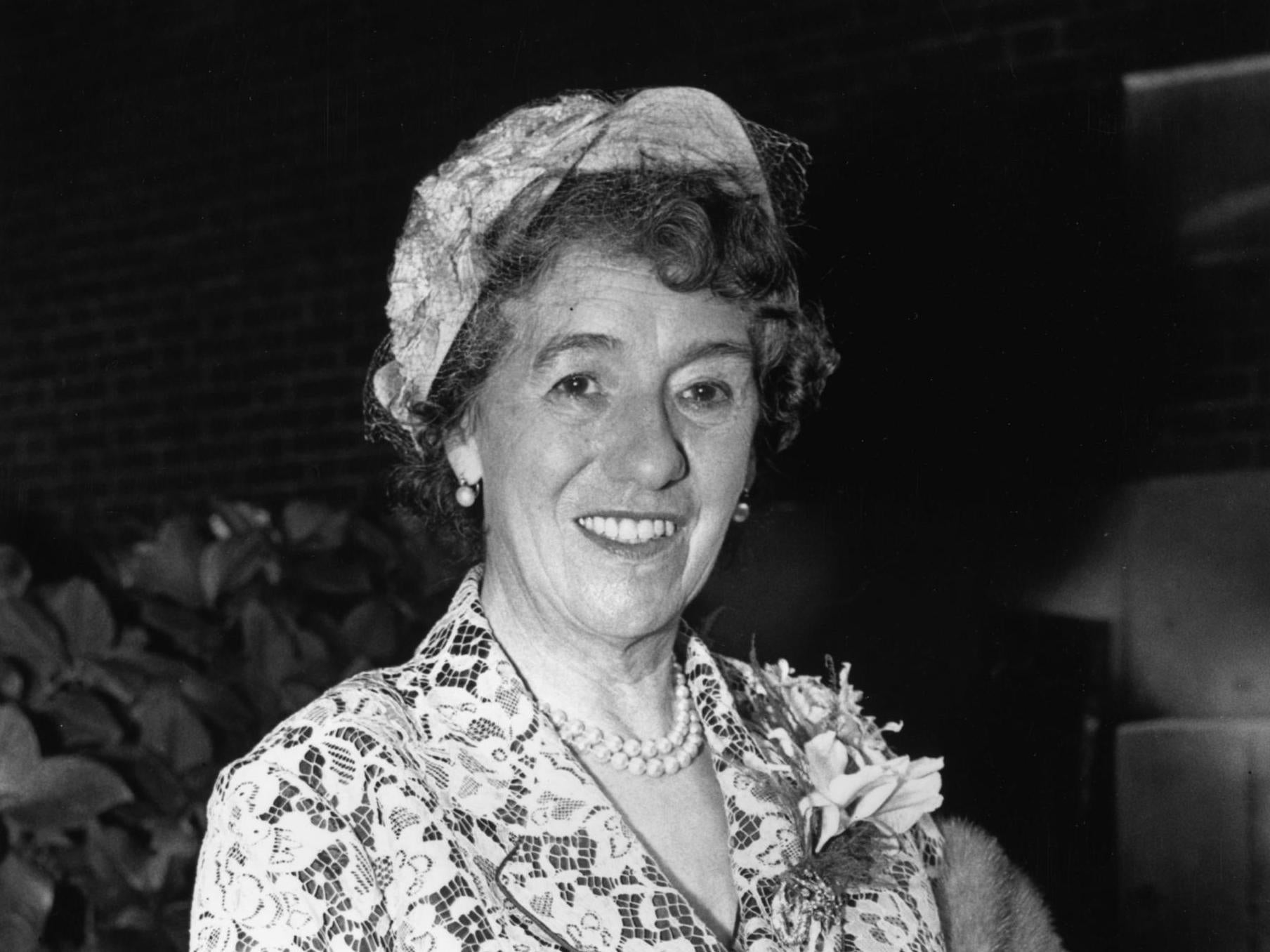English Heritage acknowledges Enid Blyton’s work as ‘racist and xenophobic’
Website information describes criticism of the late children’s author over the racism that appeared in books such as ‘The Little Black Doll’

Your support helps us to tell the story
From reproductive rights to climate change to Big Tech, The Independent is on the ground when the story is developing. Whether it's investigating the financials of Elon Musk's pro-Trump PAC or producing our latest documentary, 'The A Word', which shines a light on the American women fighting for reproductive rights, we know how important it is to parse out the facts from the messaging.
At such a critical moment in US history, we need reporters on the ground. Your donation allows us to keep sending journalists to speak to both sides of the story.
The Independent is trusted by Americans across the entire political spectrum. And unlike many other quality news outlets, we choose not to lock Americans out of our reporting and analysis with paywalls. We believe quality journalism should be available to everyone, paid for by those who can afford it.
Your support makes all the difference.English Heritage has apparently updated its website to acknowledge children’s author Enid Blyton’s problematic views.
The late writer behind Noddy and the Famous Five books has experienced a reassessment over the years, but also faced criticism during her lifetime.
In 2019, plans to give her a commemorative coin were halted by the Royal Mint after members said she was “a racist, sexist homophobe and not a very well-regarded writer”.
According toThe Telegraph, English Heritage has now updated its website referring to this, following its pledge to review all of its blue plaques for links to “contested” figures following the Black Lives Matter protests last year.
A section on racism in Blyton’s page work reads: “Blyton’s work has been criticised during her lifetime and after for its racism, xenophobia and lack of literary merit.
“A 1966 Guardian article noted the racism of The Little Black Doll (1966), in which the doll of the title, Sambo, is only accepted by his owner once his ‘ugly black face’ is washed ‘clean’ by rain.
“In 1960 the publisher Macmillan refused to publish her story The Mystery That Never Was for what it called its ‘faint but unattractive touch of old-fashioned xenophobia’. The book, however, was later published by William Collins.”
English Heritage notes in its new information that some “have argued that while these charges can’t be dismissed, her work still played a vital role in encouraging a generation of children to read”.
“Our 1997 Blue Plaque to Enid Blyton is back in the news along with our online bio of the children’s author, whose books are loved by many. We can fit about 19 words on each plaque. Our website provides a fuller picture of the person’s life, including any uncomfortable aspects,” a statement posted on the English Heritage Twitter account said.
“We have no plans whatsoever to remove any of our blue plaques. We’ll continue to update our website so that the story behind each plaque – and each person – is told in full.”
In 2019, the Royal Mint’s decision to stop the release of a commemorative Enid Blyton coin caused a considerable backlash.
“It seems to me that if you were to draw a line in the year say 1955 and go backwards from there you could pretty much pick up anybody based on our modern values,” Good Morning Britain host Richard Madeley said at the time.
The host added: “There are social lines that have changed and you can’t judge people by the standards of today, so actually I think personally to call Enid Blyton homophobic is ridiculous.”

A spokeswoman for the Royal Mint said at the time: “The point of the advisory committee is to ensure that themes commemorated on UK coins are varied, inclusive and represent the most significant events in our history.
“For these reasons not every event will progress to a UK coin.”
Blyton – who remains one of the bestselling children’s authors of all time – died in 1968, aged 71.
Join our commenting forum
Join thought-provoking conversations, follow other Independent readers and see their replies
Comments